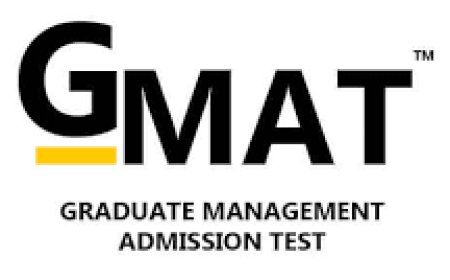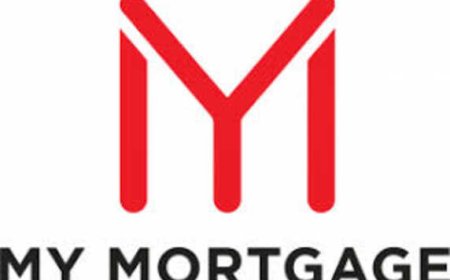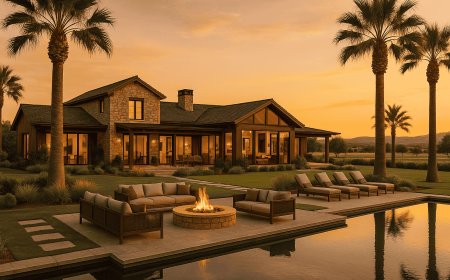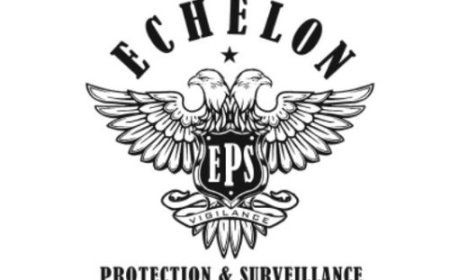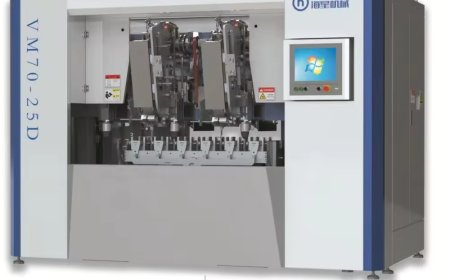Differences Between Leasehold and Freehold in Real Estate Ownership
Understanding the key differences between leasehold and freehold property ownership helps buyers make smarter real estate decisions. Learn the pros and cons of each.

Differences Between Leasehold and Freehold in Real Estate Ownership
When purchasing property, one of the first legal terms youre likely to encounter is the distinction between leasehold and freehold ownership. This difference significantly impacts how long you can own the property, what rights you have, and how much control youll enjoy as a property owner.
Lets break down these two forms of ownership to understand how they work and what they mean for your investment.
What Is Freehold Property Ownership?
Freehold ownership means you own the property and the land it stands on indefinitely. It is the most complete form of property ownership and gives the buyer full control over the land and any buildings on it.
Key Features of Freehold:
-
Ownership is permanent.
-
The owner is responsible for the upkeep and maintenance of both the property and the land.
-
There is no ground rent or lease fee to pay.
-
The property can be sold, rented, or inherited without restrictions.
In many markets, freehold property is considered the most secure and desirable type of real estate ownership, particularly for homeowners who want full autonomy.
What Is Leasehold Property Ownership?
Leasehold ownership, on the other hand, means you own the property for a set period, but not the land it stands on. The land remains owned by a separate party, often called the freeholder or landlord.
Lease periods typically range from 30 to 999 years, depending on local regulations and market norms. When the lease expires, ownership of the property reverts to the freeholder, unless extended.
Key Features of Leasehold:
-
You only own the property for the length of the lease.
-
You may need to pay ground rent, maintenance fees, and service charges.
-
Lease extension can be costly and time-consuming.
-
You may need approval for significant renovations or changes.
Main Differences Between Leasehold and Freehold
Understanding the practical differences between these two ownership types can influence your buying decisions. Here are the key aspects to consider:
1. Length of Ownership
-
Freehold: You own it permanently.
-
Leasehold: Ownership is limited to the length of the lease.
2. Ownership of the Land
-
Freehold: You own the land and the building.
-
Leasehold: You only own the building; the land belongs to someone else.
3. Responsibilities
-
Freehold: You are in charge of all maintenance.
-
Leasehold: The freeholder may handle shared areas, but you still pay fees.
4. Flexibility and Control
-
Freehold: Greater freedom to renovate, rebuild, or sell as you wish.
-
Leasehold: May have restrictions imposed by the freeholder.
5. Costs
-
Freehold: Typically has higher upfront costs but fewer recurring charges.
-
Leasehold: Lower purchase price, but ongoing ground rent and service fees.
Pros and Cons of Freehold
? Pros:
-
Full control and autonomy
-
Permanent ownership
-
No lease renewal hassles
? Cons:
-
Higher initial cost
-
Responsible for all repairs and upkeep
Pros and Cons of Leasehold
? Pros:
-
Lower purchase cost
-
Shared maintenance responsibilities (e.g., for flats)
? Cons:
-
Limited control
-
Potential lease renewal costs
-
Risk of losing property after lease expiry
Why It Matters to Buyers
Whether you are purchasing your first home or investing in real estate, understanding the type of ownership is crucial. It affects not only your legal rights but also your future obligations and potential resale value.
For instance, properties with a short lease may be harder to sell or mortgage, while freehold homes are often viewed as more stable and attractive to buyers. However, leasehold propertiesespecially apartmentscan offer accessibility in high-demand urban areas.
How to Decide Which One Is Right for You
Here are a few guiding questions to help you choose:
-
Do you want full control over the property?
Freehold is better suited for those who want independence and long-term investment. -
Are you looking for a more affordable option in a city?
Leasehold apartments may offer access to prime locations at lower prices. -
How long do you plan to stay?
If youre buying for the short term, leasehold may suffice. For legacy planning or long-term use, freehold is often preferable. -
Are you okay with paying ongoing fees and getting approvals for renovations?
If not, freehold would be the better choice.
Conclusion
The difference between leasehold and freehold isnt just legal jargonit defines your relationship with the property. Freehold offers the security and control of outright ownership, while leasehold can make high-demand properties more accessible, albeit with certain limitations.
Both types of ownership have their place in real estate. The right one depends on your goals, budget, and lifestyle. Always review the terms carefully and, if needed, seek professional advice before signing on the dotted line.
Important Links
Discover the Future of Upper Thomson Living at the Thomson View En Bloc Condo Showflat
Discover the Charm of Living at Thomson View Condo
Discover the Charm of Thomson View Condo Showflat
The Impact of Upcoming MRT Lines on Property Prices in Singapore
What First-Time Buyers Should Know About Condo Maintenance Fees in Singapore
Thomson View En Bloc Condo Showflat
Thomson View En Bloc Condo Showflat




